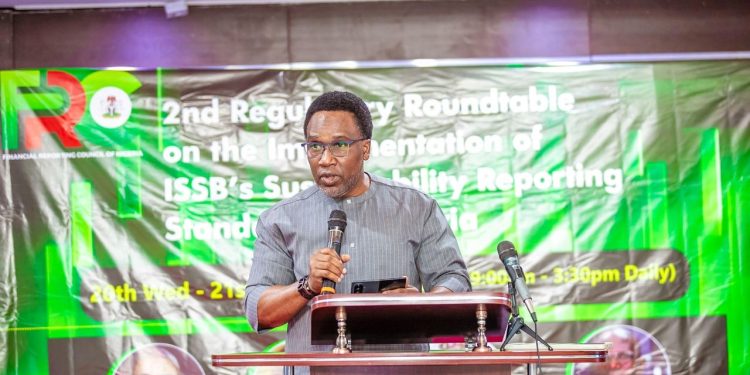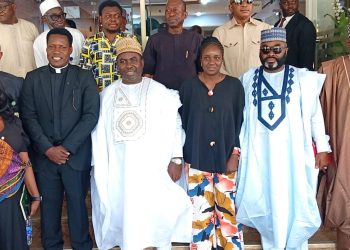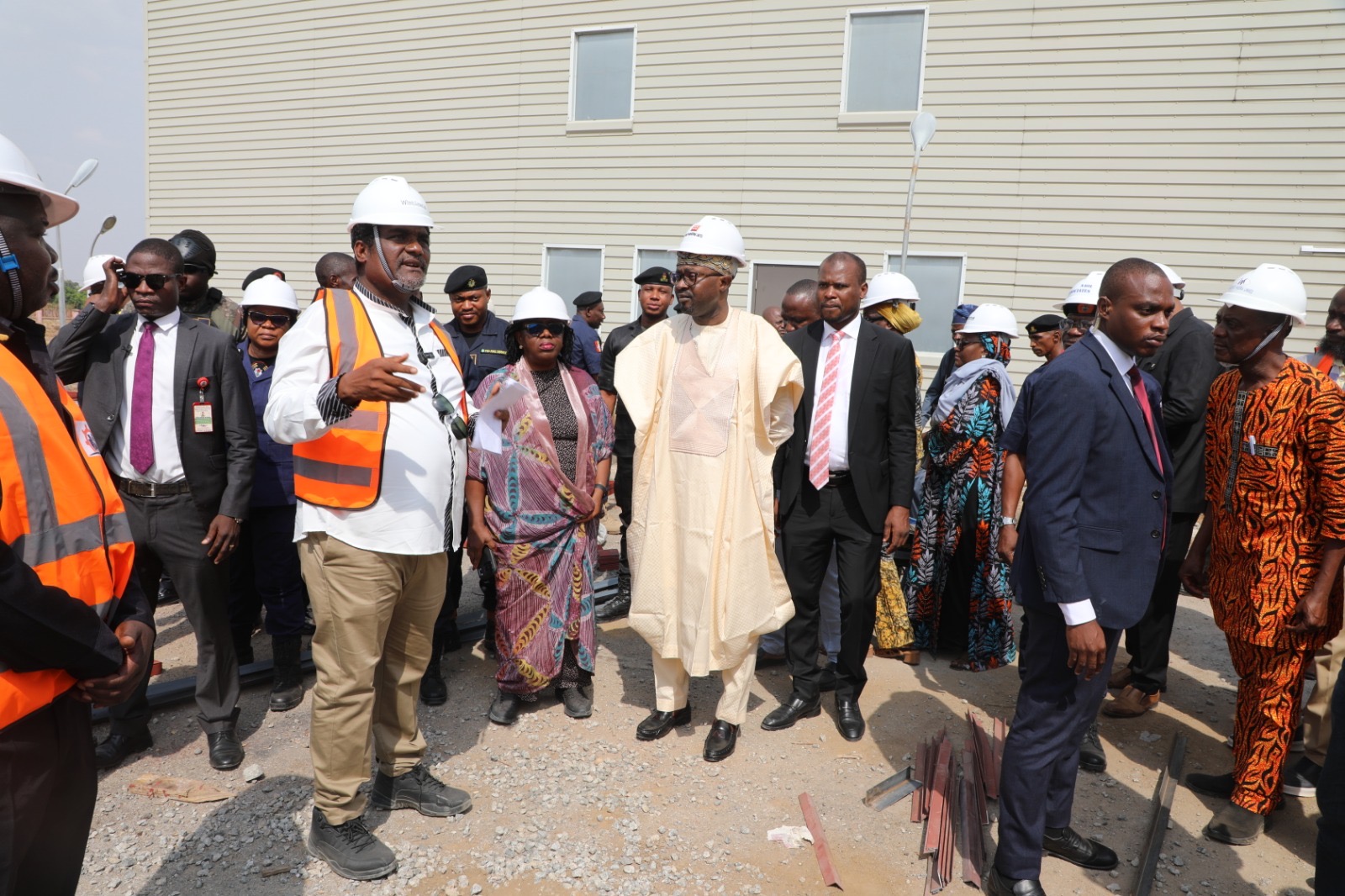By Nkechi Eze
The Director-General/CEO of the Nigerian Meteorological Agency (NiMet), Professor Charles Anosike, has called for the full integration of climate-related risks into corporate sustainability reporting frameworks across Nigeria, stressing that transparency and access to quality climate data are critical to national economic resilience.
Professor Anosike made the call while delivering a goodwill message at the 2nd Regulatory Roundtable on the implementation of the International Sustainability Standards Board (ISSB) Sustainability Reporting Standards, held in Abuja on Wednesday, 20 August 2025. The event was organised by the Financial Reporting Council (FRC) of Nigeria under the leadership of its Executive Secretary/CEO, Dr. Rabiu Olowo.
Commending the FRC for its proactive coordination of stakeholders, Prof. Anosike noted that sustainability reporting is evolving globally and must now be understood as incomplete without a clear assessment of climate risks. “In this era of climate change, sustainability reporting is evolving to encompass climate risk as a core element, demanding greater transparency and accountability from companies regarding their climate-related impacts and strategies,” he stated.
He explained that climate change presents both physical risks, such as extreme weather events, and transition risks, including policy shifts and technological changes that can have significant implications for corporate financial performance and long-term viability.
The NiMet boss acknowledged that one of the major hurdles for companies is the availability of reliable climate data and its verification. He therefore pledged NiMet’s readiness to partner with the FRC and other relevant agencies to improve access to high-quality climate information and mainstream climate considerations into strategic decision-making across all sectors of the economy.
The ISSB Sustainability Reporting Standards provide a global framework for companies to disclose sustainability issues through the lenses of governance, strategy, risk management, and measurable targets. The standards also include detailed guidance on disclosure of climate-related risks and opportunities. Nigeria is currently one of 30 jurisdictions accounting for 57 per cent of global GDP and over half of global greenhouse gas emissions that have adopted or announced plans to adopt the ISSB Standards.
Other notable attendees at the roundtable included ISSB Board Member, Dr. Ndidi Nnoli-Edozien, and senior officials from private and public sector institutions.
















